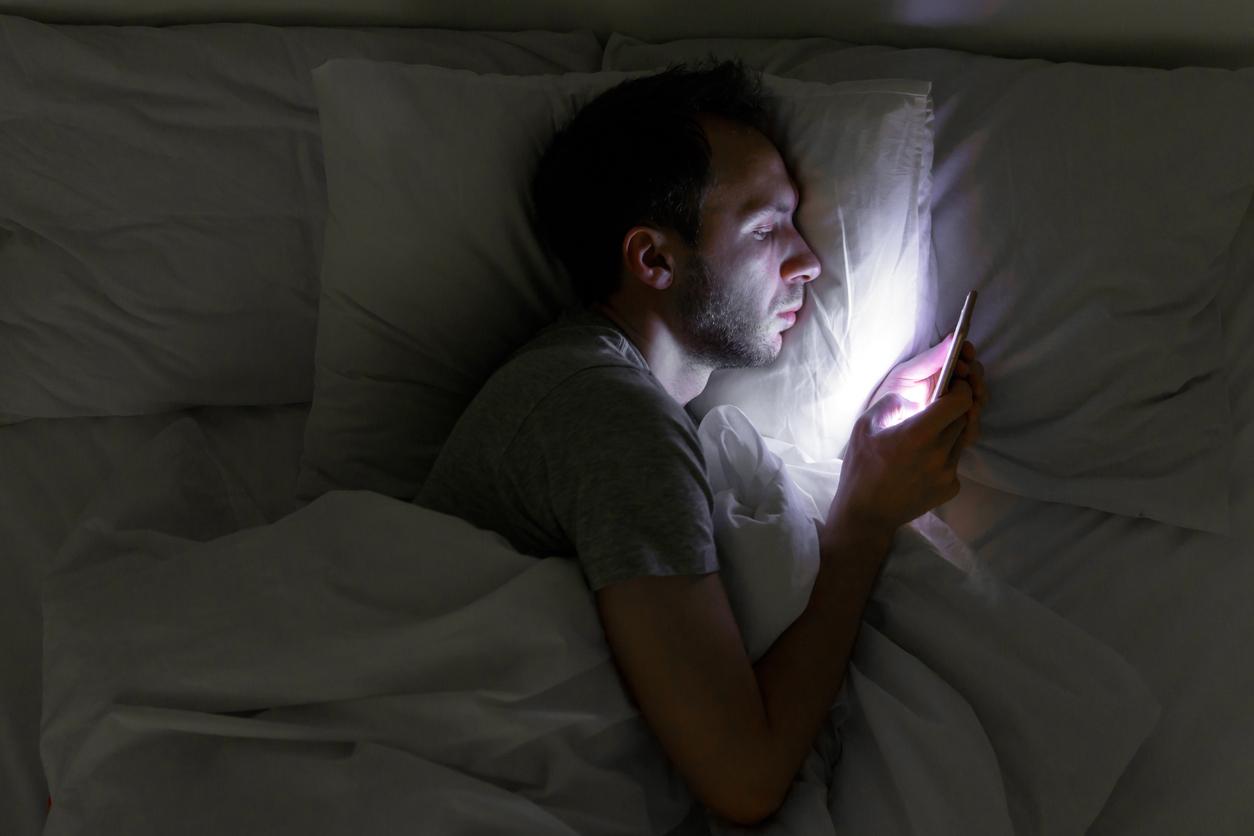Atypical working hours increase the risks of several disorders and pathologies, according to ANSES, which calls for the protection of the health of night workers.

Sleep disorders, cardiovascular diseases, cancer… Employees exposed to atypical working hours, in particular at night work, pay a heavy price, alert a report of the National Agency for Food, Environmental and Occupational Health Safety (ANSES) made public this Wednesday.
3.5 million French people work staggered hours, or more than 15% of the working population. Health and safety services or companies making their machines profitable 24 hours a day are the first sectors of activity to expose their employees to staggered working hours. An organization of work which tends to develop and which could be favored by the labor bill aiming to “institute new freedoms and new protections for companies and workers”, currently under examination in Parliament.
At the request of the French Confederation of Christian Workers (CFTC), ANSES assessed the health risks of night work. An evaluation that lasted more than 4 years and brought together around twenty experts. This is the first time that the short and long term effects have been examined by a health security agency.
A worrying record
“During night work, there is a desynchronization between the circadian rhythms set on a daytime schedule and the new activity-rest / wake-sleep cycle imposed by night work,” explains ANSES. This desynchronization is also favored by environmental conditions that are not conducive to sleep: daylight during rest, temperature during the day higher than usual at night, higher noise level during the day, social rhythm and family obligations ”. Result: these disturbances generate proven risks of sleep disorders, drowsiness and metabolic syndrome. It also shows that these professionals have a probable risk of cancer, cardiovascular disorders such as myocardial infarction or cerebrovascular accident (stroke) and psychic disorders.
Their expertise also underlines that these working conditions are more difficult and involve more constraints than during the day. “Employees who work at night are generally subject to more physical strain factors, greater time pressure (schedules, constraints of rhythms, deadlines, etc.), tensions with their colleagues or the public more frequent”, details l agency, adding however that depending on the sector, these effects may be reduced or amplified.
Minimize the impact of night work
Despite these alarming conclusions, ANSES is not in favor of abolishing night work. It nevertheless considers that recourse to this organization of work is justified only for “situations requiring to ensure the services of social utility or the continuity of the economic activity (hospitals, services of public utility, etc)”. But it is crucial to optimize it “in order to minimize the impact on professional and personal life”. To do this, it recommends carrying out an inventory of the practices carried out in the field to protect the health of night workers.
ANSES also recommends assessing more precisely the consequences of night work, as well as the social costs associated with resorting to night work such as work stoppages or absenteeism. The Agency also plans to supplement its work with a second section concerning the health impact linked to other forms of atypical working hours.
.

















